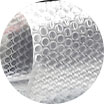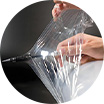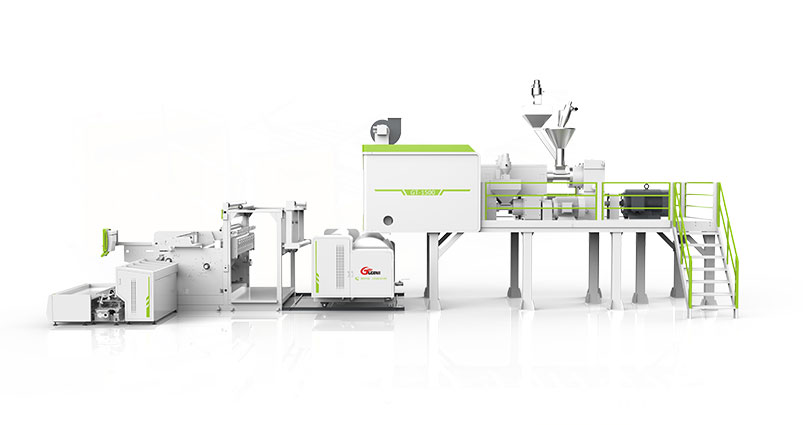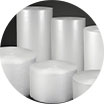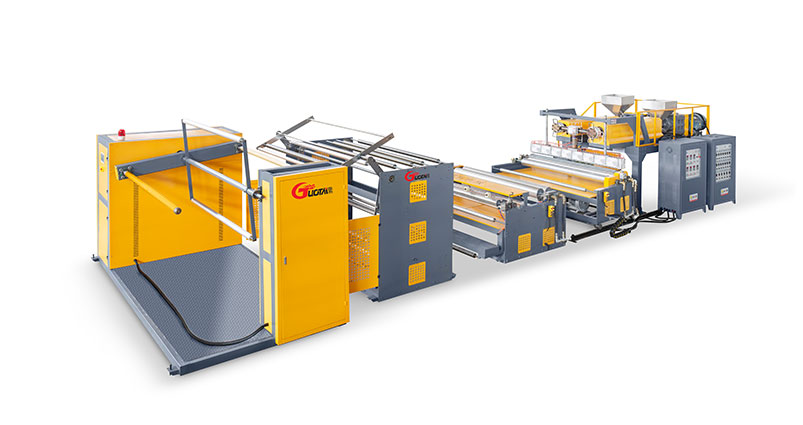Research On PBS Thin Films Abroad
2, Research on PBS thin films abroad
In 1990, Showa Electric Corporation of Japan, which first proposed using diisocyanate as a chain extender, successfully synthesized polybutylene succinate with a molecular weight of over 200000. Produce high molecular weight PBS and name it "Bionolle". The PBS produced by the company has strong mechanical properties, is suitable for various plastic processing instruments, and can meet the strength requirements of general plastics.
In addition, "Bionole" has good stability and can be stored for a long time. After use, it can quickly degrade in nature. In addition to the aforementioned companies, Japan's Showa Corporation, Germany's BASF, Japan's Mitsubishi, South Korea's SK Corporation, China's Anqing and Xinghe Blue Mountain Tunhe are all major PBS manufacturers in the world.
Due to the late start of China's industry, the early research on PBS was not very in-depth. However, due to the high attention paid by the country and the people to biodegradable materials, China's PBS industry has developed rapidly, and research on PBS has far exceeded that of other countries.
The Shanghai Institute of Organic Science, Tsinghua University, and the Institute of Physics and Chemistry of the Chinese Academy of Sciences are currently the main PBS research institutions in China. In recent years, the development situation of China's PBS industry has been great, and some products have been exported and sold, with their production far exceeding that of many foreign enterprises. However, there is still great room for improvement in the research of polybutylene succinate.
In recent years, the main method of fruit preservation and storage is mechanical refrigeration technology, but this technology consumes high energy and has high maintenance costs. The modified atmosphere storage and preservation technology has a longer storage time for fruits and vegetables, but it requires high facility costs and is difficult to apply in the context of the continuous decline in fruit prices in China.
Traditional cellaring, as a widely used method in China for nearly a thousand years, although simple to operate and cost-effective, has limited storage time and can no longer meet the modern people's requirements for fruit and vegetable preservation. Although preservatives are easy to operate, they cannot be used in bulk. In summary, the research on low-cost, effective, and batch applicable fruit and vegetable preservation technologies in China is urgent.
The development of modified atmosphere packaging technology for fruit and vegetable preservation in foreign countries is relatively mature and has been widely used in fruits and vegetables such as kiwifruit, strawberry, pear, and garlic sprouts. It is also widely used in the preservation of fresh cut fruits and vegetables such as fresh cut broccoli, fresh cut onions, fresh cut carrots, and fresh cut cabbage.
Improving the performance of modified atmosphere packaging materials (such as air permeability and moisture permeability) and optimizing the design of modified atmosphere packaging have been research hotspots in recent years. Adding specific fillers (such as metal and metal oxides, inorganic nanoparticles such as clay, and organic nanoparticles such as cellulose and chitosan) or drilling holes can improve the performance of modified atmosphere packaging materials.
For You!

